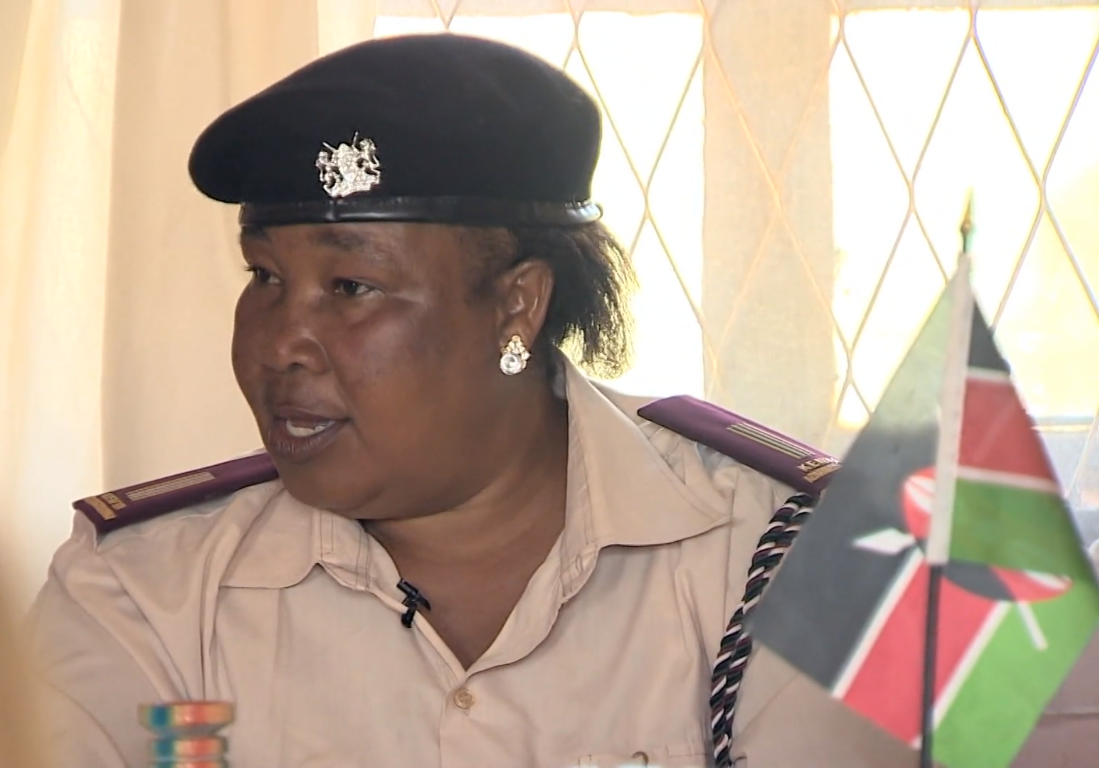Why we must close orphanages in Kenya
Stahili’s team in Kenya works closely with the Senior Assistant Chief of the Makuyu sub-location, Esther Wangechi Muchemi. Assistant Chief Muchemi partnered with Stahili to take the pledge to create an orphanage-free community in her sub-county and to establish family-based alternatives to the residential care of children. In this post, Assistant Chief Muchemi shares why she wants to close orphanages and bring children home.

Children do not belong in orphanages. They belong in families where they can get the love, support and guidance they need to thrive.
As Assistant sub-county chief in Murang’a county, I have seen a number of orphanages emerge and operate in my community. This led me to ask: why are so many of our children deprived of family and community life?
Poverty is at the top of the list of why children end up living in orphanages in my community. Families struggling to make ends meet are often under extreme economic pressure. This has been made worse by the recent drought in Kenya and the resulting spike in food prices. After the drought, there was an abundance of rain, which has made it difficult to grow food, keeping food prices high. Orphanages are often used as a solution to poverty.
Children are placed in institutions when families struggle to bear the burden of providing for them. Most children living in orphanages have families. Some have one or both parents, and most have extended family who simply cannot care for them because they are poor.
In some cases, children are used to attract foreign and local donors and volunteers, but this does not help children get back into families, or keep families together. This is very unfortunate for our community and our country. This works against the values of family life which are so strong in Kenyan society.
In Kenya, we should be made more aware of the harms of orphanages – even when they are “well-run”. And it is not just foreigners supporting orphanages. It has become normal around Christmas time, for example, for Kenyans to donate to an orphanage.
Yet, we all know that children have families and community. Extracting a child from a family in my community harms his or her development and exposes the child to dangers and uncertainties. This is unacceptable. This is not the Kenyan way.
Families are the beating heart of Kenyan communities. Every child deserves a family. That is why I took the pledge with Stahili to work to end institutionalisation in my sub-county. And to date, we have closed orphanages together and have brought children home.
Our first goal should be family reunification for children. Where children have no one, alternative family-based community care options should be made available and strengthened. Orphanages should only be a short-term solution and a temporary one, if used at all.
The traditional Kenyan way is that families and communities care for children. We must provide support to families instead of orphanages. Family-based support is more sustainable, not to mention more cost-effective, than institutional care. I have set up foster care structures in my community alongside Stahili — it works.
I know that we can achieve this. We need to work together to gradually close orphanages, find family-based solutions for children, and then support and strengthen families within communities.
You can learn more about the work of Stahili and Assistant Chief Muchemi in this CNN report from last year.
Photo: CNN.